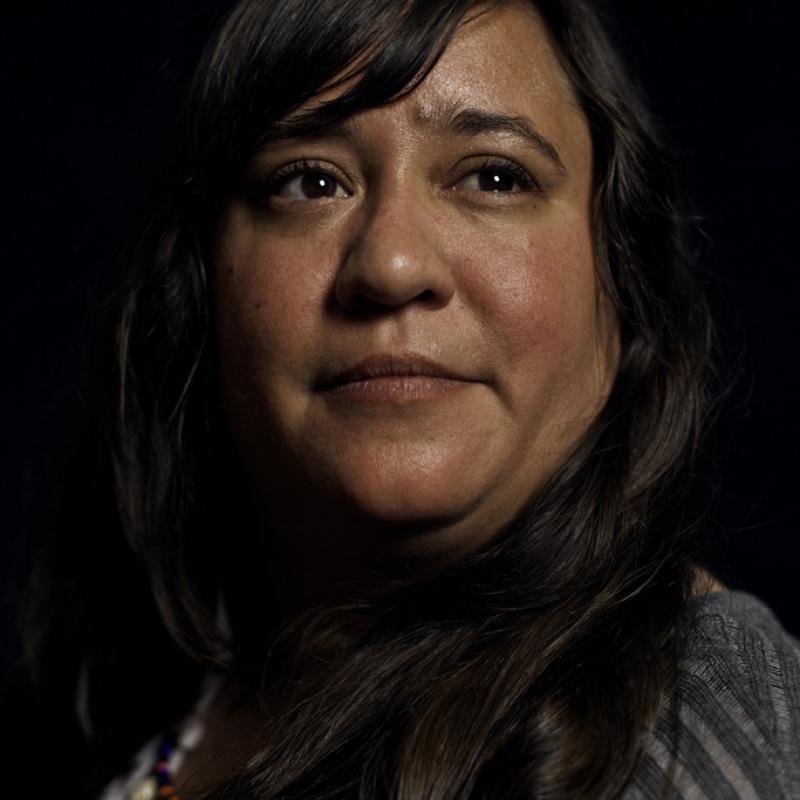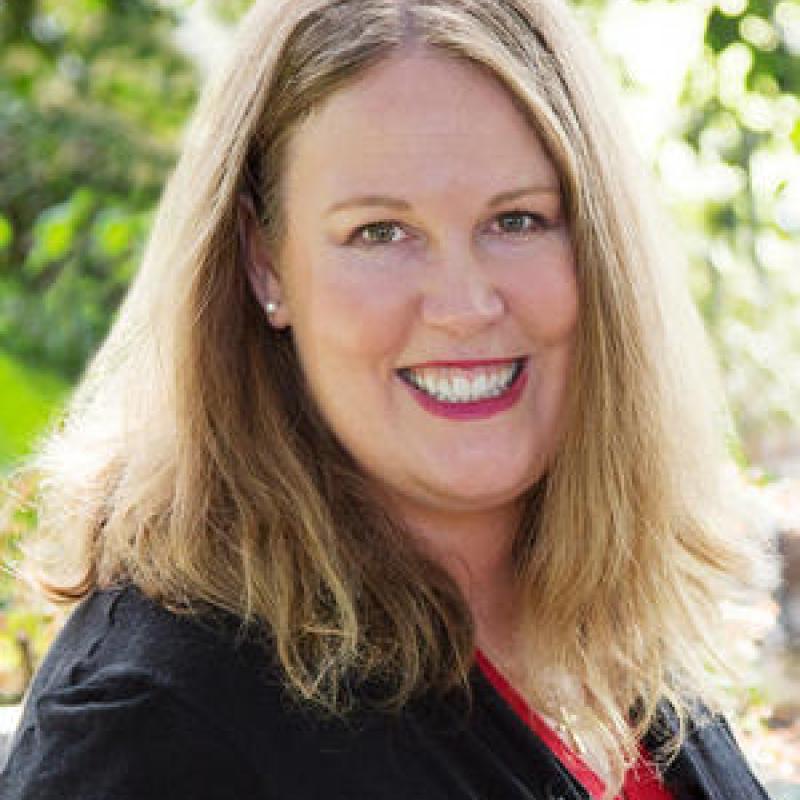“As long as the grass shall grow and rivers flow, you can have your land.”
These were the empty promises issued by the United States government to Indigenous peoples as they were forcibly removed from their ancestral lands during the 19th century.
“Protect Sacred Places.”
These words inform the political actions of present day Indigenous leaders to reclaim and protect their rightful, sacred lands.
For our second session in the 4Ps series, we are thrilled to have Angela Mooney D’Arcy, (Juaneno Band of Mission Indians, Acjachemen Nation) join us in conversation on the ongoing fight to protect and secure sites that are sacred to Indigenous peoples here in Southern California and across the American continent. Our nation’s shameful history of dispossession, broken promises, removal, and settler colonialism is thankfully not the end of the story. Professor D’Arcy and Indigenous leaders like her are building the political acumen and collectiveness of Tribal Nations and Indigenous peoples to reclaim and protect their sacred lands, waters and cultures. We invite our polymathic community to listen, learn and engage Professor D’Arcy on the issues of Indigenous people’s rights to lands that in truth have always been theirs.
Joining Professor D’Arcy, we are pleased to have Elizabeth Logan, Ph.D., J.D., a legal historian speaking to federal law, and moderator Hanna Fahsholtz, a senior majoring in narrative studies and trip lead in the Peaks and Professors student organization.
In preparation for the discussion, we ask that you view this short film on Genga, one of the Indigenous sacred spaces in Southern California Professor D’Arcy has been working to protect.

